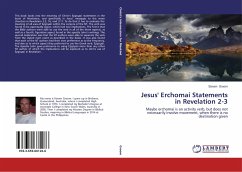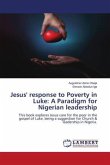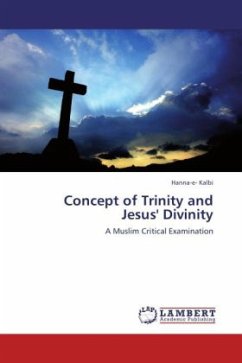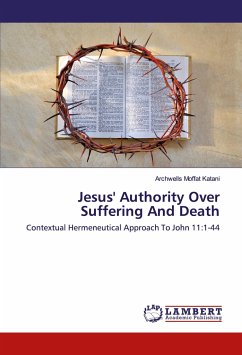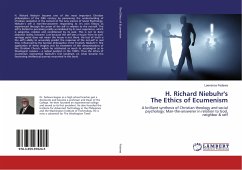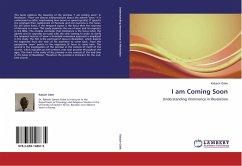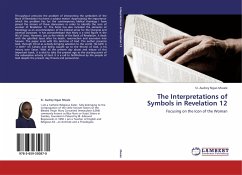This book looks into the meaning of Christ's mi statements in the book of Revelation, and specifically in Jesus' messages to the seven churches in Revelation 2:5, 16, and 3:11. To do that it has to evaluate the meaning of all uses of mi within the corpora of the NT. The verb was found to be aspectually vague, which had two implications. The first is that the Bible authors were able to use the verb in all of the three aspects, as well as a fourth, figurative aspect found in the apostle John's writings. The second implication was that the NT authors were able to separate the verb from the stated main event as described in the deixis. It was also found that each of the NT authors had their own preference as to the frequency, and also as to which aspect they preferred to use the Greek verb, mi . The Apostle John gave preference to using mi more than any other NT author of which the implications will be explored as to John's use of mi in Revelation.
Bitte wählen Sie Ihr Anliegen aus.
Rechnungen
Retourenschein anfordern
Bestellstatus
Storno

